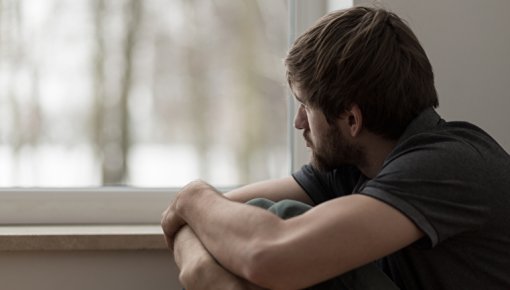The wrong friends and the search for help
I then managed to cut my drinking down for one or two years. But I was basically already on the path towards dependence. I was no longer living at home at the time. I was in a young people's home. I made the wrong friends there. I subconsciously tried to draw attention to myself, usually with violent behavior when under the influence.
I was taken to the same intensive care unit with alcohol poisoning time and again. I later realized that these many provoked hospital visits were a kind of call for help to make people notice me. Although it sounds strange, I always felt very happy in hospital. I had peace and quiet, but there were also people there who wanted to help me. But I wasn’t able to accept their help at the time.

